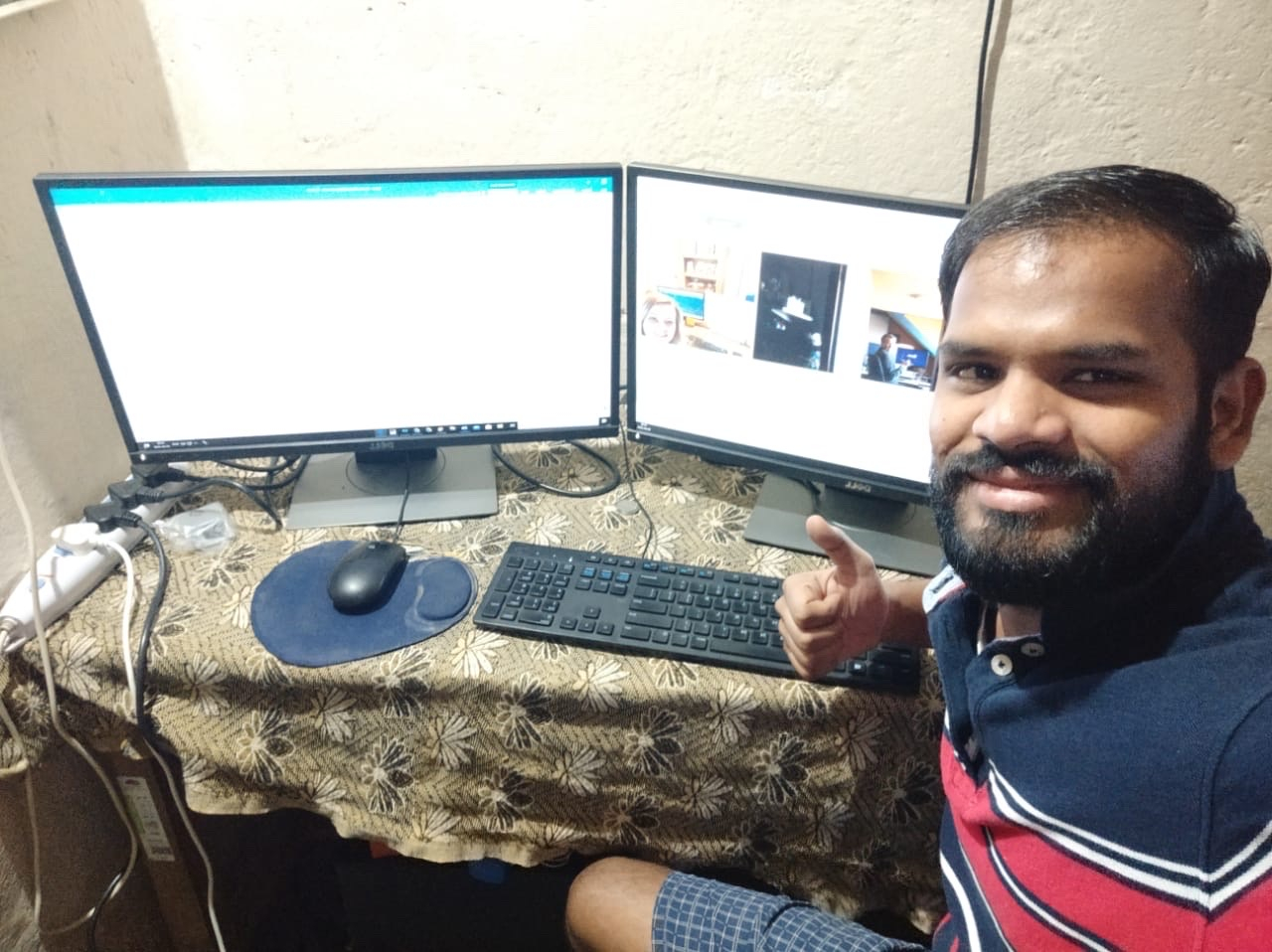
Complete lockdown in offshore engineering
VolkerWessels Telecom has been working with engineers in India for twenty years. A regular supplier was selected in 2007. Recently we celebrated a highlight, the 12.5-year anniversary of a strategic partnership with Cyient. No one could have predicted that a severe ordeal would follow only a few months later. Because what do you do when corona breaks out, and a complete lockdown, including a home quarantine order, is declared in India?
A successful offshore operation
Some 300 Indians work via Cyient for VolkerWessels Telecom and its sister companies. They attend to network administration, data transfer, migration to new systems, and so on. According to Director ECC Frans van Surksum and Manager Operations India Nico Melkert, several factors contribute to the success of the operation. Frans: ‘The skills of Indian staff in the field of engineering are enormous. In addition, there are advantages for us in terms of scalability and costs. But Indians also benefit from it. Consider the conditions associated with working for a European company. Excellent Indian colleagues now work in the UK, or with us here in the Netherlands. Some even for five years or more. We can’t miss them, and they don’t want to leave either.’
Hyderabad as a second home
Every quarter, employees of VWT or end customers travel to India to visit Cyient and colleagues. By now the country is a second home for VWT, but initially it takes some getting used to. ‘Cyient’s head office is in Hyderabad, to which there are no direct flights. So it always takes twenty hours to get there, and the first impression of India is intense: the heat, stench, a lot of poverty and traffic. But eventually you love the country and the people, and the cooperation is fantastic. Indians are very pure in contact and pleasant to work with. We also sometimes take customers to India, who then want to set up a similar structure or team.’
A total lockdown within six hours
It sounds ideal, and it usually is. But if corona breaks out and countries take different measures, it can be tough to keep the operation going. Frans and Nico experienced this on 24 March. Frans: ‘We had already worked out various scenarios, but because we were way ahead of India in terms of infections, nobody thought it would get that bad. Just before the weekend, Indian president Narendra Modi called on people to stay at home as much as possible, and on Monday a total lockdown with a home quarantine was proclaimed. And it went into effect six hours later! Where normally 140 people would work a morning shift, this became 23. The effect of this became immediately clear when it appeared that the vans could not go to the customers because no pre-engineering had been done from India. We couldn’t deliver anymore. I wouldn’t call it panic, but we did become a little nervous.’

Strength back within a week
Fortunately, a solution quickly presented itself. Because of Cyient’s size and good political connections, workplaces could be moved to homes. This started in small numbers, but currently there are 180 people working from home, enough for now. ‘Many people rent a small room in Hyderabad, but they come from villages up to about 800 kilometres away and had returned home before the lockdown. That’s why not everyone was available. We looked at the critical lines and how many employees were needed for them. The available colleagues also work at the weekend and love to work from home. This is very unusual in India, where people mainly work in large open-plan offices. Moreover, fun initiatives are organised, such as colouring competitions for the children sitting at home and a special video message from our CEO Wido van de Mast. This is much appreciated. The lockdown has been extended to 3 May but this does not scare me and I have faith in the current operation. We have regained our strength and have now become an example to other Cyient customers. They’re now also asking to do it the Dutch way!’